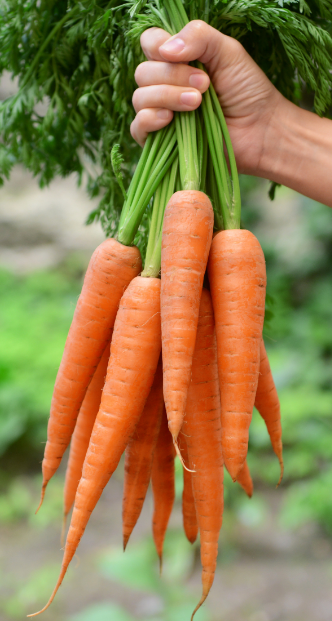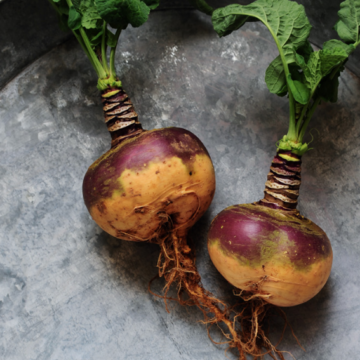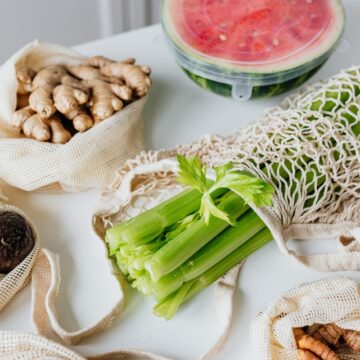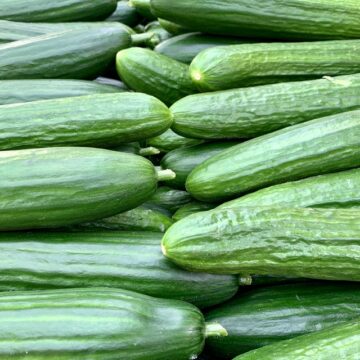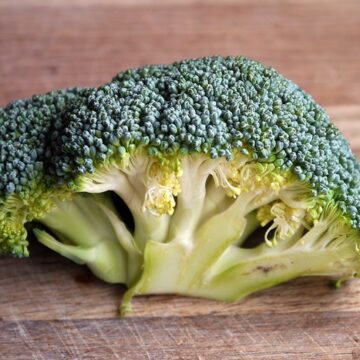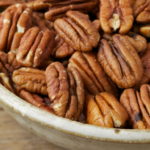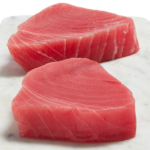As pet owners, we always want to give our furry friends the best possible nutrition. When it comes to feeding our dogs, we often stick to traditional dog foods and treats, but can dogs eat carrots?
Carrots are a delicious and healthy snack for humans, but they can also be a great addition to your dog’s diet. Not only are they low in calories and high in fiber, but they also contain a variety of vitamins and minerals that can benefit your dog’s health.
However, before you start feeding your dog carrots regularly, it’s important to understand the potential risks and considerations. In this article, we’ll explore the benefits and risks of feeding your dog carrots, as well as tips for incorporating this nutritious vegetable into your pup’s diet.
So, if you’re curious about the potential benefits of carrots for canines, keep reading!
Benefits of feeding carrots to dogs
Carrots are a rich source of vitamins and minerals that are essential to your dog’s health. They contain vitamin A, which is important for maintaining good vision, promoting healthy skin, and supporting your dog’s immune system. Carrots also contain vitamin K, which helps with blood clotting and bone health. Additionally, they are a good source of fiber, which can help regulate your dog’s digestion and prevent constipation.
Furthermore, carrots are low in calories and high in water content, making them an ideal snack for dogs who are overweight or prone to obesity. They are also a great alternative to traditional dog treats that are often high in fat and calories. Regularly feeding your dog carrots as a snack can help them maintain a healthy weight and reduce the risk of obesity-related health issues, such as diabetes and joint problems.
Lastly, chewing on carrots can provide your dog with mental stimulation and help keep their teeth clean. Chewing on crunchy vegetables like carrots can help remove plaque and tartar buildup on your dog’s teeth, reducing the risk of dental problems.
In summary, feeding your dog carrots can provide a range of health benefits, including improved digestion, weight management, and dental health.
Nutritional value of carrots for dogs
Carrots are a nutrient-dense vegetable that contains a variety of vitamins and minerals that are essential to your dog’s health. One cup of chopped raw carrots (128 grams) contains the following nutrients:
– 52 calories
– 12 grams of carbohydrates
– 4 grams of fiber
– 1 gram of protein
– 0.3 grams of fat
– 1069% of the daily recommended value (DRV) of vitamin A
– 14% of the DRV of vitamin K
– 7% of the DRV of vitamin C
– 4% of the DRV of potassium
As you can see, carrots are a great source of vitamin A, which is important for maintaining good vision, promoting healthy skin, and supporting your dog’s immune system. They also contain vitamin K, which helps with blood clotting and bone health. Additionally, they are a good source of fiber, which can help regulate your dog’s digestion and prevent constipation.
However, it’s important to note that while carrots are a healthy addition to your dog’s diet, they should not be relied upon as the sole source of nutrition. It’s important to feed your dog a balanced diet that meets their nutritional needs, which should be based on their age, breed, and activity level.
Risks of feeding carrots to dogs
While carrots are generally safe for dogs to eat, there are some potential risks and considerations to keep in mind.
One potential risk of feeding your dog too many carrots is that it can lead to an upset stomach or diarrhea. This is because carrots are high in fiber, which can be difficult for some dogs to digest. Additionally, if your dog eats too many carrots, it can lead to an imbalance in their diet, which can cause other health issues.
Another potential risk of feeding your dog carrots is that they can be a choking hazard, especially if they are not cut into small pieces. It’s important to supervise your dog while they are eating carrots and ensure that they are not biting off chunks that are too big to swallow.
Lastly, if your dog has a history of kidney problems or is on a low-potassium diet, you should consult with your veterinarian before feeding them carrots. This is because carrots are a good source of potassium, which can be problematic for dogs with certain health conditions.
How to prepare carrots for dogs
Before feeding your dog carrots, it’s important to prepare them properly to ensure that they are safe and easy to digest.
Firstly, it’s important to wash the carrots thoroughly to remove any dirt or debris. You can then cut the carrots into small, bite-sized pieces to make them easier for your dog to chew and swallow. Alternatively, you can also grate the carrots and mix them in with your dog’s food.
It’s important to note that you should not feed your dog cooked carrots that have been seasoned with spices or salt. This is because these additives can be harmful to your dog’s health. Instead, opt for plain, raw carrots that have been washed and cut into small pieces.
How much carrots should be fed to dogs
While carrots are a healthy addition to your dog’s diet, it’s important to feed them in moderation to avoid any potential health issues.
As a general rule of thumb, you should aim to feed your dog no more than 10% of their daily caloric intake in the form of treats or snacks. For example, if your dog requires 500 calories per day, you should limit their treat intake to no more than 50 calories.
Additionally, you should start by feeding your dog small amounts of carrots and gradually increase the amount over time. This will give your dog’s digestive system time to adjust to the new addition to their diet and reduce the risk of stomach upset or diarrhea.
Alternatives to feeding carrots to dogs
If your dog doesn’t like carrots or if you’re looking for other healthy snack options, there are plenty of alternatives to consider.
One option is to feed your dog other vegetables that are safe for dogs to eat, such as green beans, broccoli, and sweet potatoes. These vegetables are also low in calories and high in nutrients, making them a healthy addition to your dog’s diet.
Alternatively, you can also opt for commercial dog treats that are made with natural, healthy ingredients. Look for treats that are low in calories and free from artificial preservatives, colors, and flavors.
Carrot-based dog food and treats
If you’re looking for more convenient ways to incorporate carrots into your dog’s diet, there are plenty of commercial dog foods and treats that are made with carrots as a primary ingredient.
For example, there are dog food formulas that are specifically designed for weight management that contain carrots as a low-calorie source of fiber. Additionally, there are also dog treats that are made with natural, healthy ingredients, including carrots, that can be used as a healthy snack option for your dog.
When choosing commercial dog food or treats that contain carrots, it’s important to read the ingredient label carefully and ensure that they do not contain any harmful additives or preservatives.
Frequently asked questions about feeding carrots to dogs
1. Are carrots safe for dogs to eat?
Yes, carrots are generally safe for dogs to eat. However, it’s important to feed them in moderation and prepare them properly to avoid any potential health issues.
2. Can carrots help with dog’s digestion?
Yes, carrots are a good source of fiber, which can help regulate your dog’s digestion and prevent constipation.
3. Can dogs eat cooked carrots?
Yes, dogs can eat cooked carrots, but it’s important to avoid adding any spices or salt that can be harmful to their health.
4. Can dogs be allergic to carrots?
While allergies to carrots are rare in dogs, it is possible for some dogs to develop an allergic reaction. If you notice any signs of an allergic reaction, such as itching, swelling, or difficulty breathing, you should contact your veterinarian immediately.
Conclusion – Can dogs eat carrots?
In summary, feeding your dog carrots can provide a range of health benefits, including improved digestion, weight management, and dental health.
They are a nutrient-dense vegetable that is low in calories and high in fiber, making them a great alternative to traditional dog treats.
However, it’s important to feed your dog carrots in moderation and prepare them properly to avoid any potential risks or health issues.
If you’re unsure about whether or not to feed your dog carrots, it’s always best to consult with your veterinarian to ensure that it’s safe and appropriate for your pup.
